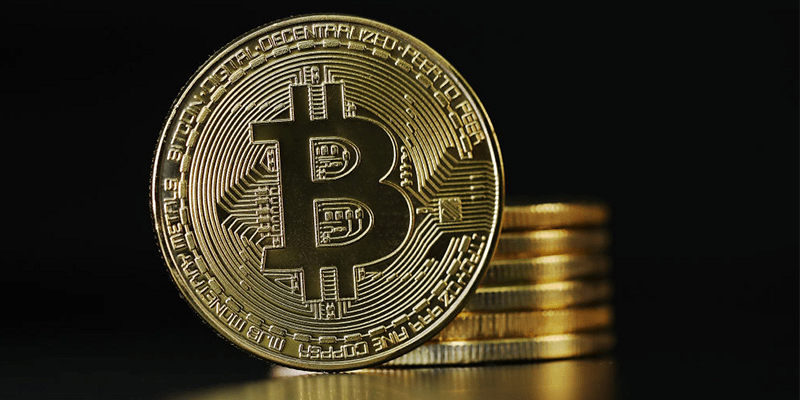Bitcoin has long been scrutinized for the benefits and risks it poses in terms of economic growth, stability of the financial system, and well-being of society. While some call it the greatest financial innovation of the fourth industrial revolution, others simply believe in banning it.
In this article, we will discuss:
Ban cryptocurrencies?
Investor Brock Pierce, in a recent interview with Fox News, responded to the same crypto criticisms. In the context of the cryptocurrency ban, he said:
“I don't know how anyone could do that. Logically, it is a distributed decentralized network. ”
Equating cryptocurrencies with the industrial revolution, he said that jurisdictions can only ban it, as China has done. However, as a result, there will only be a list of winners and losers.
“The question is, will you be the beneficiary of the change or not…”
What kind of regulation does the industry need?
In light of regulatory uncertainty in the United States, Pierce also hopes the government will "make wise and sensible decisions" supported by "research." Here, it is noteworthy that Pierce is the co-founder of Tether, the stablecoin that was recently flagged by the US Treasury Department.
That said, experts argue that the US needs a clear regulatory framework. Sullivan & Cromwell Senior President Rodgin Cohen, for example, recently listed the major regulatory changes required in the United States. In an interview with Bloomberg, he said.
“We need to modernize the Community Reinvestment Law (CRA). We need final capital rules under Basel III. We need at least the start of a real debate about central bank digital currency (CBDC). ”
Calling for an enlightened regulatory approach to cryptocurrencies, he added:
“We need a series of safety and solidity regulations. Really modernized. ”
El Salvador
While the need for and level of crypto regulations is a topic of global controversy, Bitcoin adoption in El Salvador is also being widely debated. Pierce, for his part, praised El Salvador's Bitcoin decision in a panel discussion. He said ,
“The results are unbelievable. They met what I would say are my highest expectations. ”
He also pointed out that more than half of the country's population had downloaded a Bitcoin wallet within just one month of launch. In addition, he highlighted that it is a country where 70% of the population does not have a bank account. While he equated the policy decision with accelerating innovation and financial inclusion, not everyone seems to agree.
Is it all really smoke and mirrors?
Shifting the focus to technology, economist Steve Hanke recently called most of the crypto innovation around us “smoke and mirrors”.
Private, digital money is nothing new. Most money has been privately produced and in a digital form for decades. A great deal of what you read about the innovative wonders of cryptocurrencies is smoke and mirrors. Read my latest:https://t.co/hRwEUiBOQy
- Steve Hanke (@steve_hanke) October 13, 2021
In a co-authored paper, economists Hanke and Matt Sekerke questioned the need for cryptocurrencies. Furthermore, they wrote that “banks have been trusted custodians of ledgers for centuries”. They added:
“We don't want to claim that cryptocurrency is lacking in innovation, but to reduce some of the more exciting claims about it.”
Very recently, Jamie Dimon, CEO of JP Morgan Chase, also commented that Bitcoin is “worthless”. But as discussions around the need for investor protection and safeguarding innovation continue, the institutional adoption of cryptocurrencies has also accelerated due to investor interest. That was something that Brock Pierce pointed out as well.
In response to Dimon's comment, Pierce said:
“When you look deeper, your company is participating and profiting from it (cryptocurrencies) and they have a lot of engineers working on it…”










